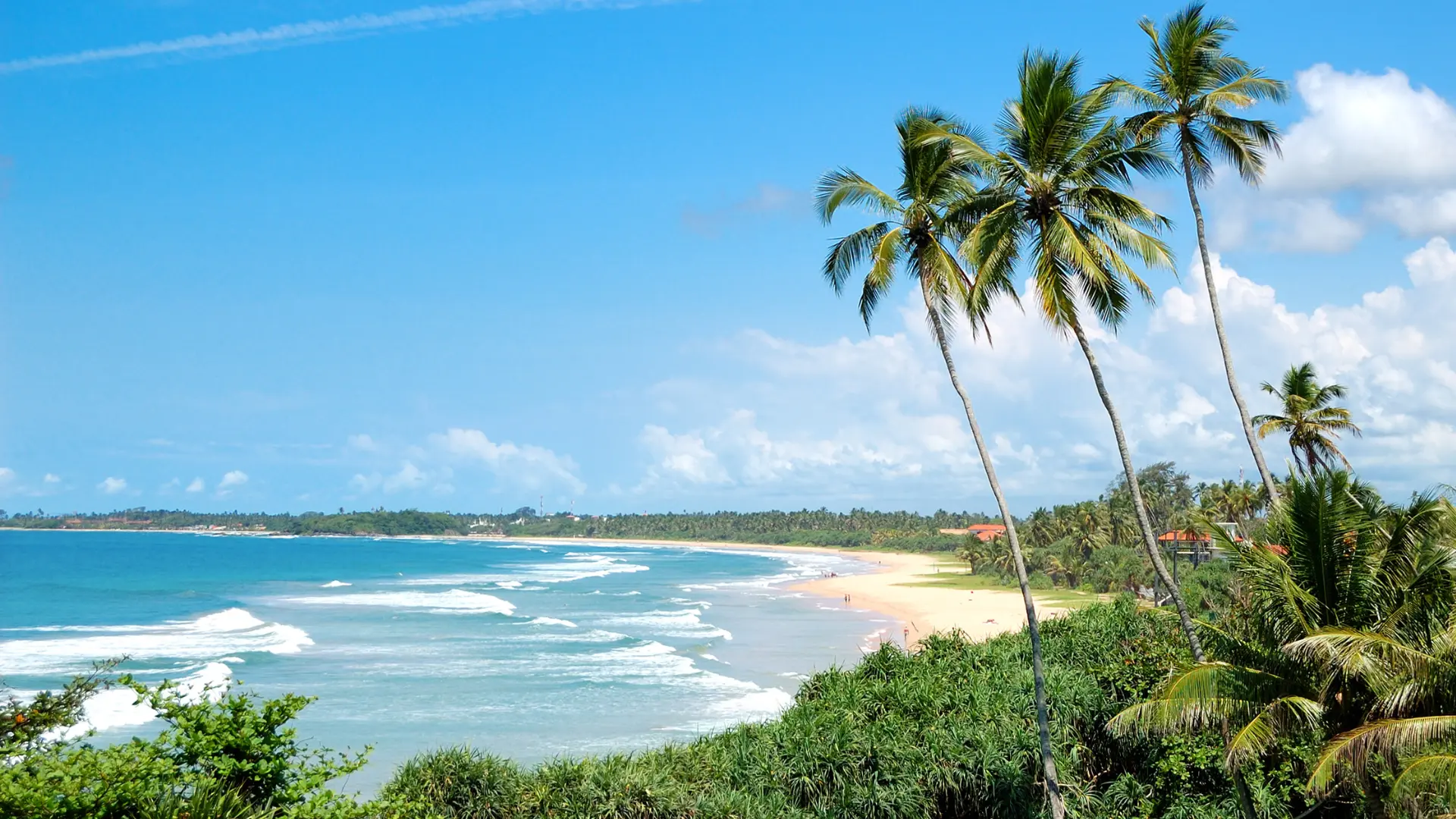In a major move to safeguard young people from online dangers, both Australia and the UK are exploring new legislative measures to limit social media access for children under 16. With growing concerns about the negative effects of social media on mental health and well-being, these nations are stepping up efforts to create safer online environments for their younger populations.
In a landmark development, Australia has introduced a world-first law to ban children under 16 from using social media platforms like TikTok, Facebook, Instagram, and Snapchat. The bill, presented by Communications Minister Michelle Rowland, is a groundbreaking attempt to tackle the increasing risks associated with unfiltered online content.
Rowland emphasized that this legislation aims to create a new societal norm where social media access doesn’t define childhood in Australia. She pointed to the disturbing reality that many teenagers are exposed to harmful content, such as drug abuse, self-harm, and violent material. According to Rowland, nearly two-thirds of 14- to 17-year-olds have encountered damaging content online.
The bill, if passed, will require social media platforms to implement strict controls to prevent children from accessing their services. Failure to comply could result in fines up to USD 33 million for major platforms. Platforms such as TikTok, Facebook, Instagram, Reddit, and X (formerly Twitter) will be under scrutiny to ensure compliance with these new rules. Importantly, this bill places the onus on tech companies, not parents or children, to ensure that children are protected online.
MUST READ: US Vetoes UN Gaza Ceasefire Resolution, Citing Lack Of Guarantee For Hostage Release
The law also addresses another major concern: the exposure of minors to explicit material. Australia is simultaneously working on measures to block access to online pornography for users under 18.
Not far behind, the UK is considering implementing a similar social media ban for children under 16. In a statement made by Technology Secretary Peter Kyle, he affirmed that the government was prepared to take whatever steps necessary to ensure the safety of young people online. While Kyle has not yet committed to a formal ban, he suggested that “everything is on the table,” acknowledging the importance of further research into the effects of smartphones and social media on young people.
Kyle admitted that there is currently a lack of peer-reviewed evidence to justify a ban, but emphasized that the UK government is closely monitoring the situation and will continue research on the issue. His department has tasked Ofcom, the media regulator, with looking into the effects of online activity on minors, particularly as the Online Safety Act (OSA) gives the regulator new powers to manage the digital landscape.
While these moves are being hailed as necessary steps towards protecting vulnerable young minds, there are challenges and concerns. Many experts have raised issues about isolating teenagers aged 14-15 from their online social circles. The nature of digital interaction today is such that social media is often a crucial part of socialization for teens.
Rowland acknowledged these concerns but stressed that the safety of children must come first. Despite the benefits of digital connections, the mental health risks posed by harmful content far outweigh the potential for social exclusion.
Additionally, the ban would exclude messaging apps, online games, and platforms focused on education and health, as these services do not rely on algorithms designed to keep users engaged indefinitely, reducing the likelihood of exposure to harmful content.
These steps from Australia and the UK signal a broader shift towards prioritizing digital safety for children and young people. Both countries are recognizing the urgent need to regulate social media platforms and curb the harm they can cause, from addiction to the exposure of inappropriate content.
As global concerns over the effects of social media on youth mental health continue to rise, other nations may soon follow suit, crafting their own legislation to address these issues.
ALSO READ: Biden Administration Moves To Forgive $4.7 Billion In US Loans To Ukraine

















